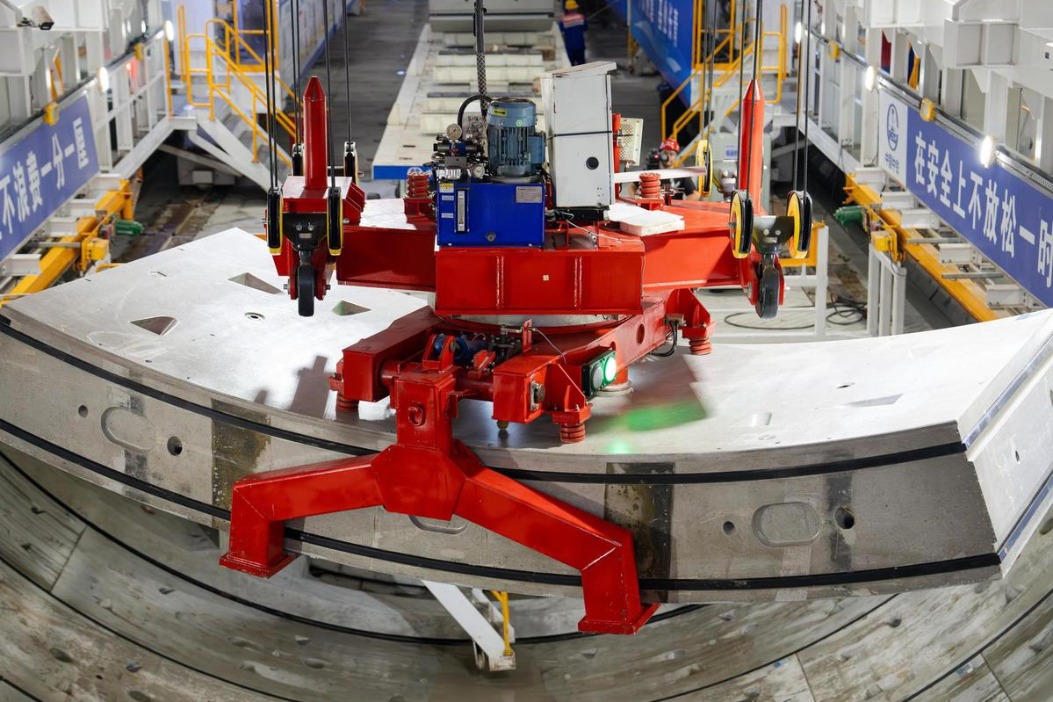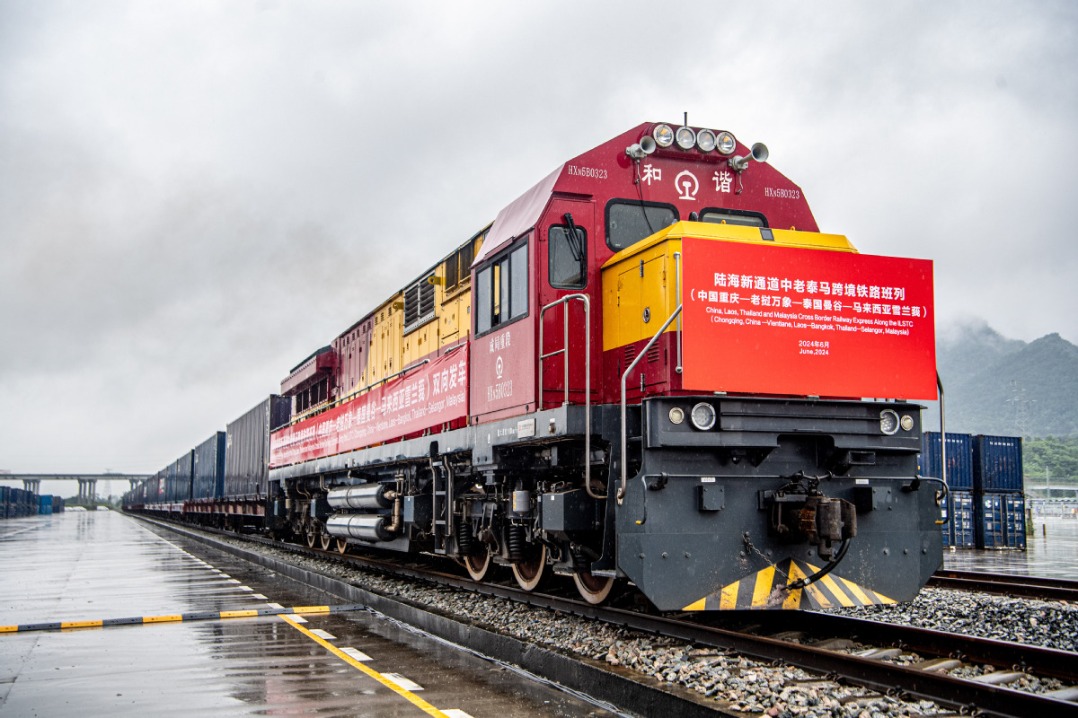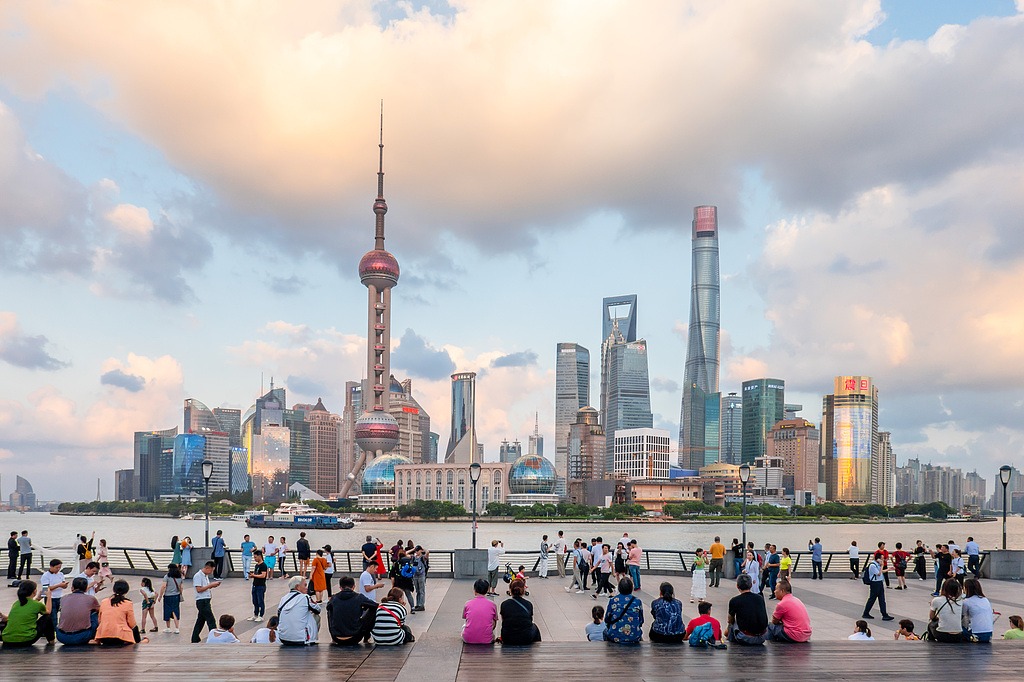Fresh stimulus policies eyed to boost economy

China will step up countercyclical adjustments of its macro policies to bolster economic recovery in the fourth quarter, which will lay a solid foundation for achieving the annual growth target of around 5 percent this year, said officials and economists.
Investors are closely watching for clues on new incremental policies as the recently announced stimulus package significantly boosted market confidence and expectations. The new measures have shown the firm determination of policymakers to tackle pressing issues facing the broader economy, such as lukewarm domestic demand and housing woes.
Economists said that China will likely introduce soon a new round of incremental policies, with a key focus on expanding effective investment, spurring consumption and stabilizing the real estate market.
Vice-Minister of Finance Liao Min highlighted China's powerful stimulus package during the World Bank's 110th Development Committee meeting on Friday in Washington, DC, according to a statement posted on Sunday on the ministry's website.
Liao said that China will intensify countercyclical adjustments of fiscal policy, with a series of strong measures implemented to resolve local government debt risks, stabilize the real estate market, increase the income of key groups, enhance people's livelihoods, and drive equipment upgrades and trade-in deals for consumer goods.
By leveraging government spending to stimulate social investment and consumption, effective demand will be increased, he said.
Zou Yunhan, deputy director of the Macroeconomic Research Office at the State Information Center's Department of Economic Forecasting, said, "China's economy will likely pick up in the fourth quarter, propelled by the incremental policy package, ongoing reform efforts and intensified steps to boost technological innovation."
The Finance Ministry said that China expressed concerns about the tariff hikes imposed by the United States, during a meeting held on Friday between the two countries' economic working groups in Washington.
The two sides had in-depth, practical and constructive talks on the macroeconomic situations and policies of the two countries, the response to global challenges as well as cooperation to help low-income countries cope with liquidity challenges, and the next step of communication arrangements, the ministry said.
Jin Xu, chairman of the China Association of International Trade, said US efforts to "decouple and sever industrial and supply chains" and build "small yards with high fences" will ultimately harm US businesses and global industrial and supply chains.
China, with its robust technological capabilities, solid industrial foundation and strong government support, is well-positioned to overcome any technological blockades, he said, adding, "Whether in case of chips or artificial intelligence, I firmly believe China will make breakthroughs."
Zou, from the State Information Center, said that China is working to lead in the new round of industrial, scientific and technological revolution.
"I believe many companies' innovations, including innovations on the demand side, will further stimulate the internal driving force of the economy," she said. "With the stimulus package taking effect and the strengthening of endogenous driving forces continuing, China will likely achieve the preset annual growth target this year."
Despite the steady recovery trend, data from the National Bureau of Statistics showed on Sunday the latest official snapshot of pressing challenges from lackluster demand facing the economy, as profits of China's major industrial companies declined 3.5 percent year-on-year in the first three quarters.
Yu Weining, an NBS statistician, said the decline in industrial profits was mainly due to the lack of effective demand, falling prices of industrial products and the high comparison base in the previous year.
More efforts should be made to speed up the implementation of existing policies and new incremental policies, Yu added.
Cao Jing, an associate researcher at the Institute of Finance and Banking of the Chinese Academy of Social Sciences, said the government should issue special treasury bonds to increase fiscal spending on social welfare sectors, and increase support for key sectors and key groups including the services sector, small and medium-sized enterprises and college graduates.
"That will encourage consumers to spend more and stabilize expectations," she added.
Contact the writers at [email protected]




































